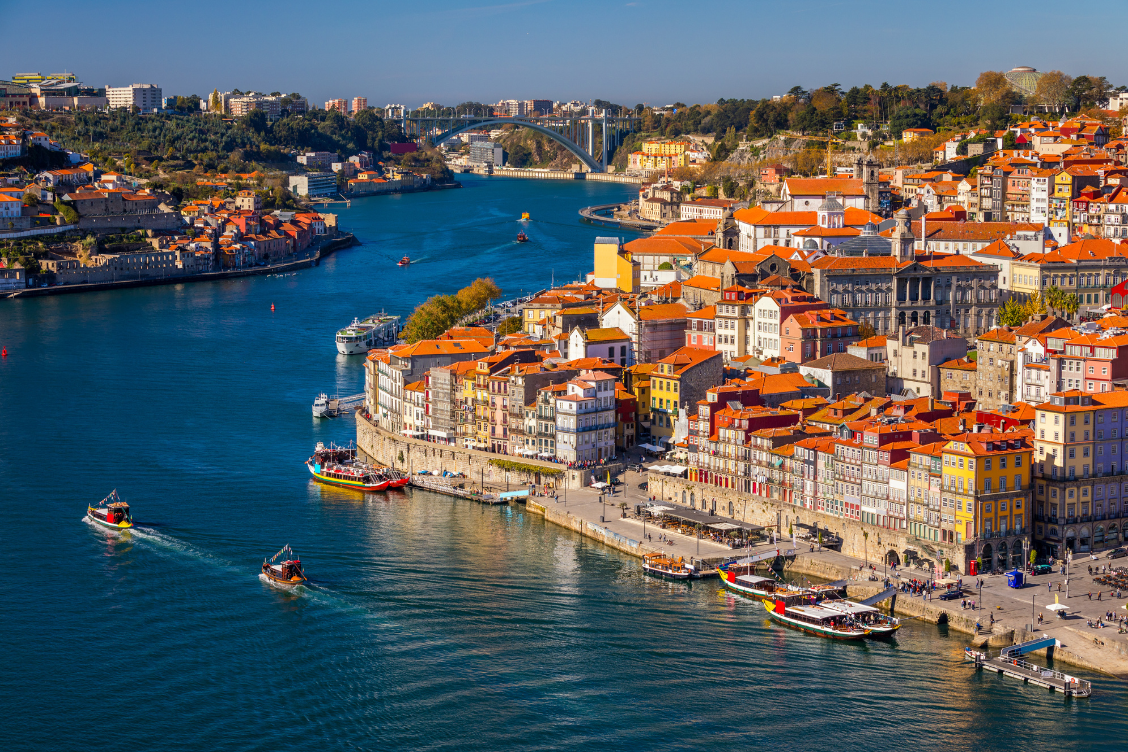
Portugal new immigration law 2022
What are the immigration laws in Portugal? What’s new in 2022? The legal framework for entry, residence, departure and deportation of foreigners in Portugal has some new features. We explain everything.
The entry, stay, exit and removal of foreigners in Portugal has a new legal regime. The Parliament decree, promulgated by the President of the Republic on 4th August 2022, proceeds with the 10th amendment to Law No. 23/2007, of 4th July (Portugal’s Immigration Law) and also has an impact on real estate in Portugal. After all, foreigners have been a driving force of strong growth and investment in the sector in recent years, through different routes. Here at idealista/news, we’re having a closer look at the main changes to the law on foreigners in Portugal on legal grounds. This is what you need to know about the new Portugal immigration law in 2022.
Residency Visa in Portugal
This visa allows the holder to request a residence permit in Portugal, which has an initial duration of one year and is renewable for successive periods of two years.
Requirements for obtaining a residence visa for nationals of countries belonging to the CPLP
Residence visas and residence permits may be granted to nationals of countries belonging to the CPLP provided that they meet cumulatively the following requirements:
- there are no measures banning the applicant from entering Portugal; and
- there is no evidence of a threat by the applicant to public order, security or public health in Portugal.
Temporary Stay Visa in Portugal
This visa allows nationals of a member state of a country belonging to the CPLP to stay in Portugal on a temporary basis (for a period of more than 3 months and less than 1 year), when they have entered legally in Portugal. This temporary permit may be renewed for an equal period.
Creation of a visa for family reunion in Portugal
The purpose of the visa for family reunion is to accompany family members of the applicant of a residence visa, and the applications may be submitted simultaneously.
Who can obtain a visa for family reunion?
The following are considered to be family members of the applicant’s family:
- The spouse or unmarried partner;
- Children who are minors or incapacitated and are dependants of the couple or of one of the spouses or unmarried partners;
- Minors adopted by the applicant when not married, by the applicant or by the spouse, as a result of a decision of the competent authority of the country of origin, provided that the law of that country grants to the adopted children the same rights and duties as those of natural filiation and that the decision is recognised by Portugal;
- Adult children, who are descendants of the couple or one of the spouses, who are single and are studying at an educational institution in Portugal;
- Adult dependent children of the couple or one of the spouses, who are single and studying, whenever the holder of the regrouping right has a residence permit granted under the Investment Residence Permit (ARI);
- Ascendants in the direct line and in the first degree of the resident or his/her spouse, provided that they are dependent on him/her;
- Minor siblings, provided that they are under the resident’s guardianship, in accordance with a decision made by the competent authority in the country of origin and provided that this decision is recognised by Portugal.
Creation of a residence and temporary stay visa for remote workers in Portugal
Residence Visa
This type of visa entitles its holder to reside in Portugal in order to work, even remotely, for an individual or company with residence or head office outside national territory.
Temporary stay visa
This visa is granted for the duration of the stay and is valid for multiple entries into national territory.

